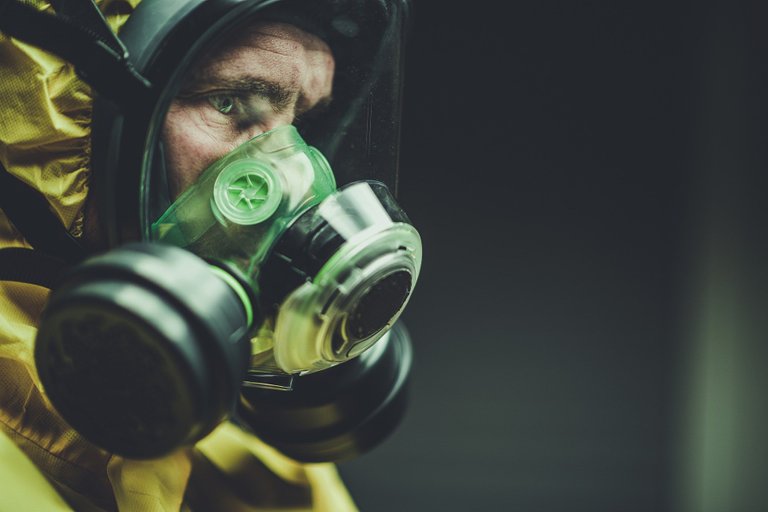Natural Immunity Against COVID-19 May Be Short-Lived
As the COVID-19 pandemic seems to have reached its peak new questions appear. One of the most important ones is – Are those who got COVID-19 and were cured immune?

Image by Elliot Alderson from Pixabay
- Be also sure to check out my other posts and follow me @kralizec and subscribe to my Youtube channel at Kralizec Gaming Youtube Channel
Current findings seemed to have indicated that those who got COVID-19 and were cured are now immune. But new research performed by Chinese scientists will quickly cool down your excitement. It shows that especially patients with little to no symptoms can stop being immune within just two to three months.
Limited Immunity against COVID-19
Luckily, this doesn't mean that cured patients will not be immune after just a few months. Even the lower immune response might be enough to fight the disease and many types of immune responses also play a role in how your organism fights the infection.
There are still many unanswered questions about COVID-19 immunity including how it is protected the most and how long does this protection lasts. But the authors of the study say that most likely this means the “immunity passes” will not be that great.
The scientists also say that the current social distancing measures are probably the best option at least until we get more information.
Finding of the Chinese study
The scientists examined the immune response of both asymptomatic and symptomatic COVID-19 patients shortly after their infection and then two to three months later. It was a relatively small sample as it included only 37 asymptomatic patients. But the study is one of a very few studies that concerned itself with the immune response of asymptomatic people.
The total number of people in the study was 178. The asymptomatic patients were found based on tracking down people who came into contact with known COVID patients. While none of these had any visible symptoms more than half of them show abnormalities when they had their chests scanned. And another interesting finding is the fact that asymptomatic patients release the virus for a longer time than regular patients – a median of 19 days compared to a median of 14 in patients who showed visible symptoms.
Three to four weeks after initial exposure to the virus the scientists looked for IgG antibodies. These are proteins capable of identifying and destroying foreign objects in the body (such as viruses and bacteria). Quite obviously, the asymptomatic patients had a lower level of antibodies than symptomatic patients.
Antibodies decrease over time
Eight weeks after being released from the hospital the scientists took another look at the levels of antibodies in the patients' body. They found that both groups had a significant decrease. In the asymptomatic group, 40 % of cured patients did not have a detectable level of antibodies while the symptomatic group had 13 % of such people.
In comparison – patients who suffered from SARS-CoV showed a stable level of antibodies for more than two years. What exactly does this mean? Well, honestly, it is too soon to say. More research needs to be done.
Sources:
- If you like the content I’m producing about science maybe you will like the content I produce about gaming as well! Be sure to check out my other posts!
It is much easier to always stay healthy by taking rejuvenating fruits like apple, Papaya etc.
These fruits have enough Vitamin C that could actually help boost the Immune system.
Boosting our Immune is just one way to Help out in this case. Relying on the supposed "passive immunity conferred" won't Help and that's is if at all it is True and universally accepted as fact
Undoubtedly, in the face of scientific uncertainty, the most viable option is to maintain social distance. I estimate that contributions of an experimental nature will come in the following weeks perhaps in a couple of months at the most.